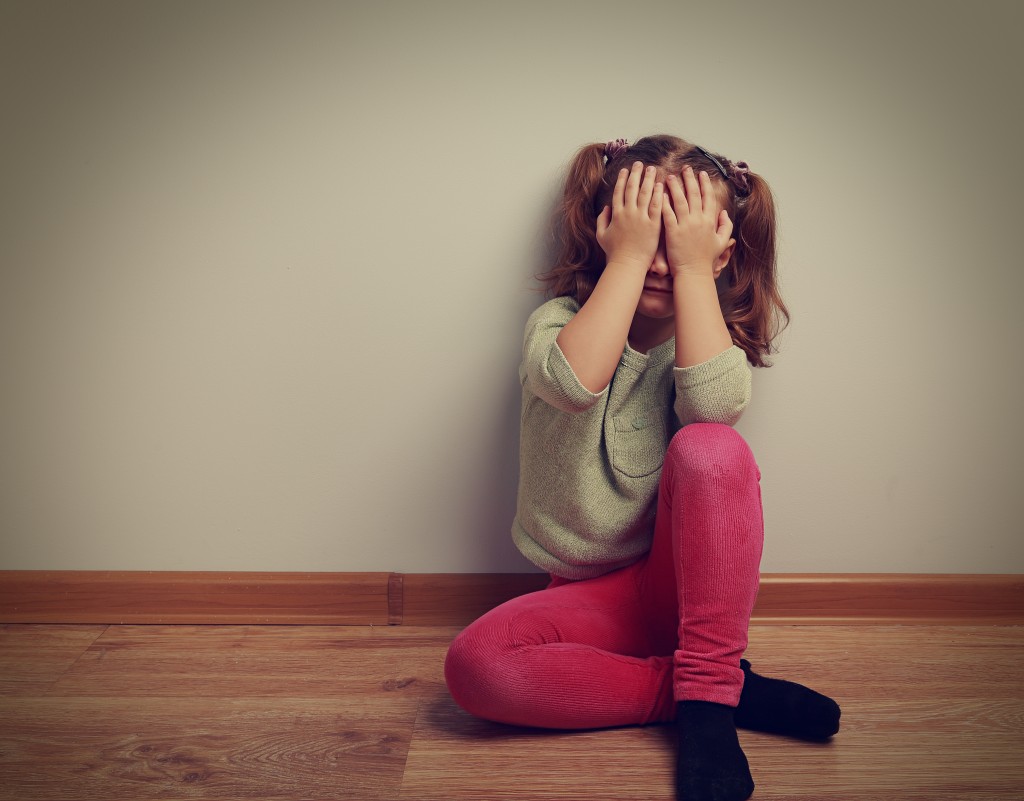As kids get older, they often take on new responsibilities, engage in more activities, and face more homework loads, making them more susceptible to stress. In fact, more than 72% of kids in the U.S. exhibit negative behaviors linked to stress, and 62% of them develop physical symptoms because of it, including headaches and stomachaches.
Whether it’s school problems, family issues, or trouble with friends that are causing your kid distress, if they exhibit any of the telltale signs, it’s time to take action.
Withdrawing from Loved Ones
Whether you’re moving houses or having a new baby, a child can feel left out or even terrified — causing excessive stress and isolated behavior. When you feel like your child isn’t as social as before, it’s best to offer them plenty of positive attention and maintain familiar routines such as visiting stores for rugs or posters for their room on weekends to provide comfort.
Wetting the Bed More Often
Children under stress or those who feel insecure typically have a lot on their minds, leading to missing toileting cues. When this happens, reassure your child you’re not mad at them and talk about what’s troubling them. Plus, it’s best to take him to his doctor to see if he has a medical condition that could cause bedwetting.
Exhibits Aggressive Behavior Often
When under stress, some kids react with physical aggression (hitting other kids) or verbal aggression (screaming). Plus, they tend to have difficulty finishing tasks that require patience. If talking with your child about their aggressive behavior doesn’t help, consult a professional like a therapist or pediatrician.

Shows Hyperactive Behavior
When children can’t cope with their stress, they often release their energy in bad ways. From temper tantrums to constantly being disobedient, these are signs that you should look out for as it usually means they have a problem. Ask them what’s wrong, and if they don’t share it with you, don’t force them. Instead, help them burn off their excess energy in a positive and calming way, such as listening to soothing music or doing some yoga poses in the backyard.
An Abrupt Change in Their Eating Habits
Like with adults, a significant indicator of childhood stress is how they relate to food. It can either be they’re overeating, undereating, or losing interest in eating altogether. When you notice these changes, it’s time to let your child become more involved in the kitchen, whether it’s baking cookies or steaming vegetables — involving them in the cooking process can go a long way.
Sleep Problems
Children with high-stress levels often have ‘poor’ sleep, whether staying up all night or having difficulty getting off the bed during mornings. When kids don’t get enough sleep, everything manifests like with adults, making it challenging for them to cope with daily situations. If they appear tired during the day, determine how many hours of downtime they’re getting and adjust accordingly. Technology plays a massive role in this, so if you allow your child to take their gadgets with them during nighttime, it’s time to change that.
As a parent, you must recognize these telltale signs of childhood stress and determine its cause fast to help your child cope and improve indefinitely — allowing them to be happier, healthier, and stress-free. You can usually help your kid manage stress and anxiety, but if you think they have an anxiety disorder, it’s best to seek professional help.



















